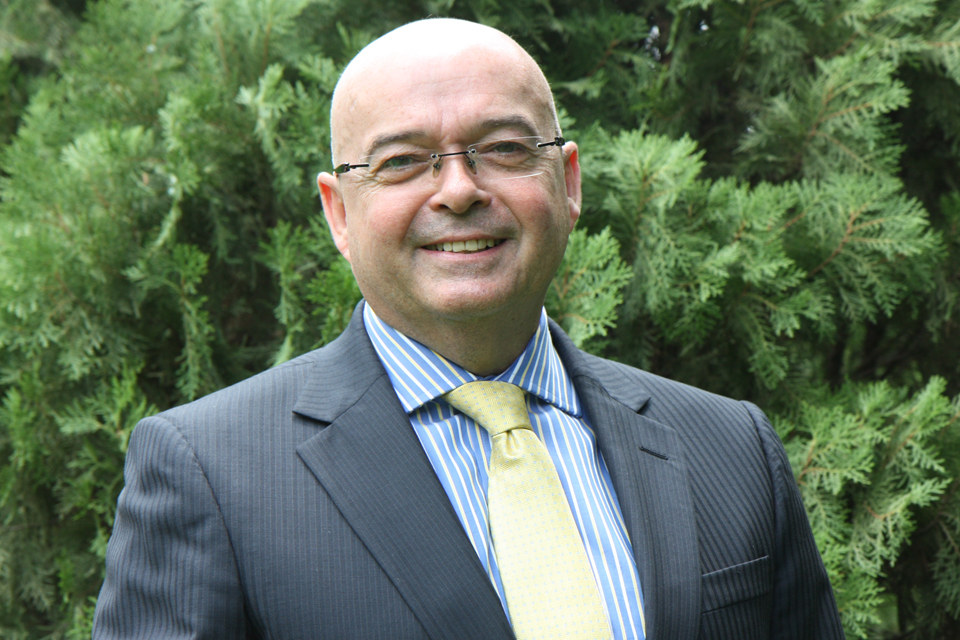Solo photo exhibition on save the river Shitalakhya
British High Commissioner to Bangladesh Robert Gibson's speech during inauguration a photo exhibition in Dhaka to mark the World Environment Day 2015.

Honourable guests, Ladies & gentlemen
I am delighted to be here to mark World Environment Day with the opening of this exhibition by Babu.
His commitment in highlighting the environment and its impact on Bangladesh is justly praised.
As last year I can only congratulate him on his work in raising awareness of the challenges we face in Bangladesh.
Bangladesh is a beautiful country. It is home to some of the world’s unique habitats like the Sundarbans and the Haros in Srimongal River.
It is abundant in wildlife and home to one of the most majestic creatures on earth – the Royal Bengal Tiger.
Bangladesh’s rivers are its lifeblood.
This exhibition not only highlights the importance of the rivers to the people of Bangladesh but also the impact people have on the rivers.
It is important that this legacy remains intact for future generations.
It is not uncommon to pick up a newspaper and read about the destruction of forests or the pollution of land and water.
Only recently an oil spill in the Sundarbans created global concern.
As far as we know it was a lucky escape, and not the disaster it could have been.
But it could be a ticking bomb – time will tell.
Two weeks ago I was In Bogra.I saw how people’s lives are affected by the environment.
How homes and livelihoods are affected by the rise and fall of the river.
How this in turn is affected by rising sea levels, deforestation and general abuse of the environment.
It was amazing how they coped and adapted.
Governments have a responsibility to protect the environment and support biodiversity and eco systems.
We also personally have a responsibility.
According to the most recent global Environmental Performance Index Bangladesh is the 9th most polluted country in the world.
It ranks 169 out of 178 countries. In 2010, Bangladesh was 139; a dramatic drop of 30 places in four years. That is not a statistic to be proud of.
What can we do? As I am sure the Her Excellency the French Ambassador wil mention this December the world will gather in Paris to negotiate a new climate change treaty.
Bangladesh and the United Kingdom are already working closely in the negotiations.
Our aim is to seal a global deal and halt green gas emissions.
Failing to seal a deal in Paris is not an option.
If we do not agree to reduce emissions and put mitigation measures in place, over time the global temperature will increase and ultimately sea levels will rise.
Many of the rivers you see in these photographs will disappear into the sea.
The life blood of Bangladesh ebbing away.
It won’t be just the people of Bogra but all of us will have to adapt – daily.
Getting an international deal in Paris is just the start of that process.
Domestically, regulation and legislation that, for example, limits pollutants, protects animal species and regenerates forests are just as important.
Yet if the laws and policies are not implemented effectively, and transgressors are not brought to account, regulation and legislation will have no impact.
Everybody has a part to play in protecting the environment.
I hope you take away the messages and images from today.
And I hope you will influence others to make a small change or take action and hold those damaging the environment to account.
We cannot stand about and wait for someone else to do it. If we do something today we will leave a rich legacy for tomorrow.
On that note, many thanks for your invitation again to be present at its launch.
I hope you all enjoy the exhibition.
Thank you.